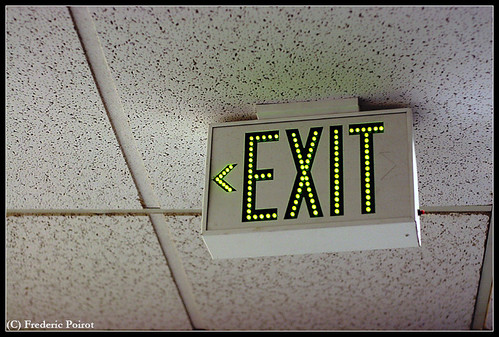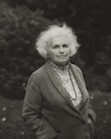Recently Chip Cheek, a writer and the administration coordinator at Grub Street in Boston, quit his job—even though he loved it. He explains why in an essay on Grub Street’s blog:
I have always had a full-time job, even while I was getting my MFA. It has seemed the prudent thing to do: keep a steady, reasonably well-paid job, so you can dedicate all your worrying to writing. It’s a good idea; Flaubert said something similar, although Flaubert didn’t have to worry about actually having a job. Also he took forever to write his books.
Over time, in this multitasking, productivity-obsessed day and age, as I have kept on writing and holding down full-time jobs, a couple of things have become clear to me. One is that spending a couple of hours here and there with my writing, wherever I can find them — even on the rare weeks when I can find them every day — is not even close to adequate. I need four or five hours, eight when I’m really cooking. (One of the best days of my writing life was when I wrote for seventeen hours straight.)
The second thing, which everyone knows, is that becoming a writer is not just a career but a whole way of living and thinking and communicating — a way of being — and at a certain point in your life, anything that competes with it or is incompatible with it is unacceptable.
I’ve quit my day job for writing not once but twice. Right after college, I started a job in textbook publishing in September, and by October, I was already plotting my escape for graduate school. I quit the desk job almost exactly a year to the day after I started and made my living as a freelance proofreader until I started school (and for a while thereafter). After grad school, I got a job as an “editor” at a startup that shall remain nameless—but unfortunately, most of my “editing” involved tinkering with PowerPoint slides. I quit after four months and spent the next three months writing the first draft of my novel—and it was one of the best decisions I’ve ever made.
On the other hand,on the blog “Guide to Literary Agents,” guest blogger Alexis Grant offers some compelling reasons to keep a day job. Here’s the first:
1. A job helps you generate ideas. Having a day job gives you the opportunity to get out and about, talk with smart people and learn new things. You can do all of that without a day job, of course – but we often don’t make it a priority. The daily interactions I have through my job often lead to ideas for ebooks and blog posts and freelance pieces. Without that stimulation, I wouldn’t be the same writer.
Have you ever quit your day job to write? Could you ever see yourself doing it?






